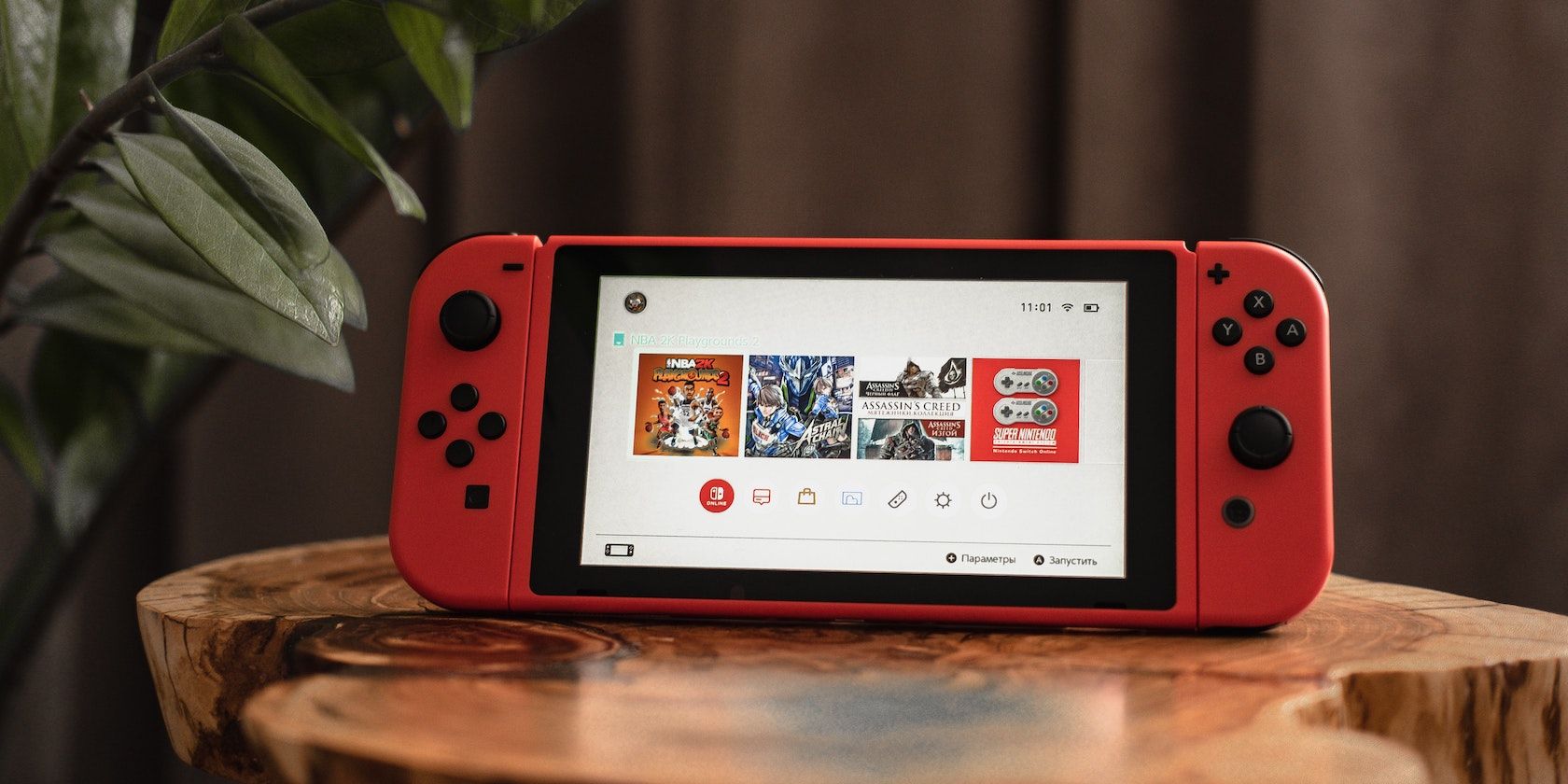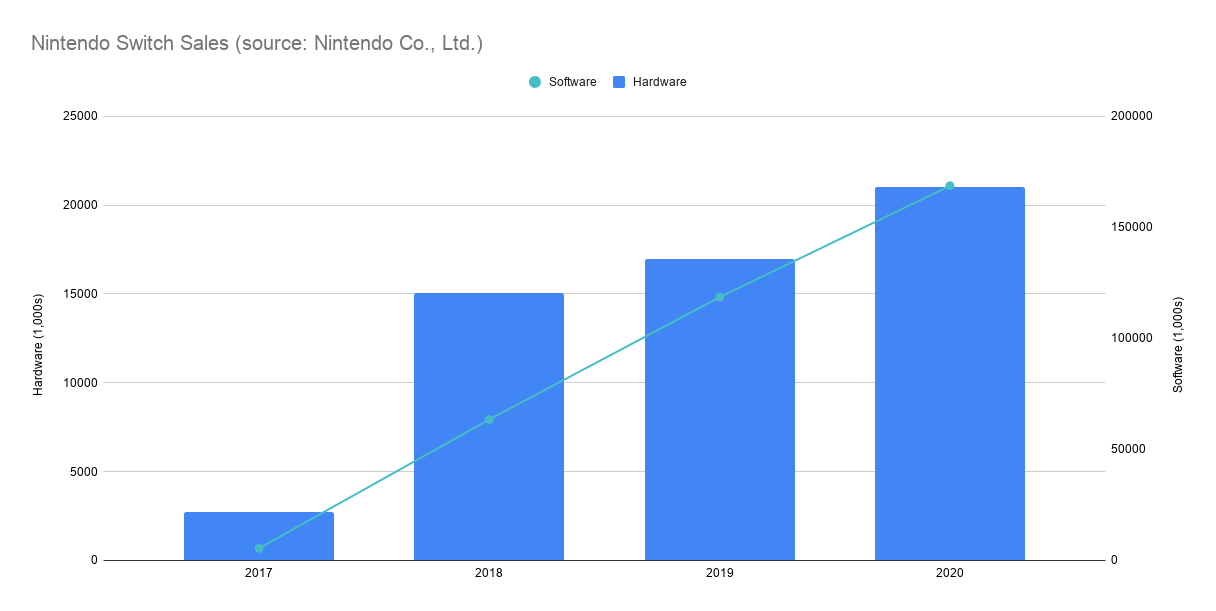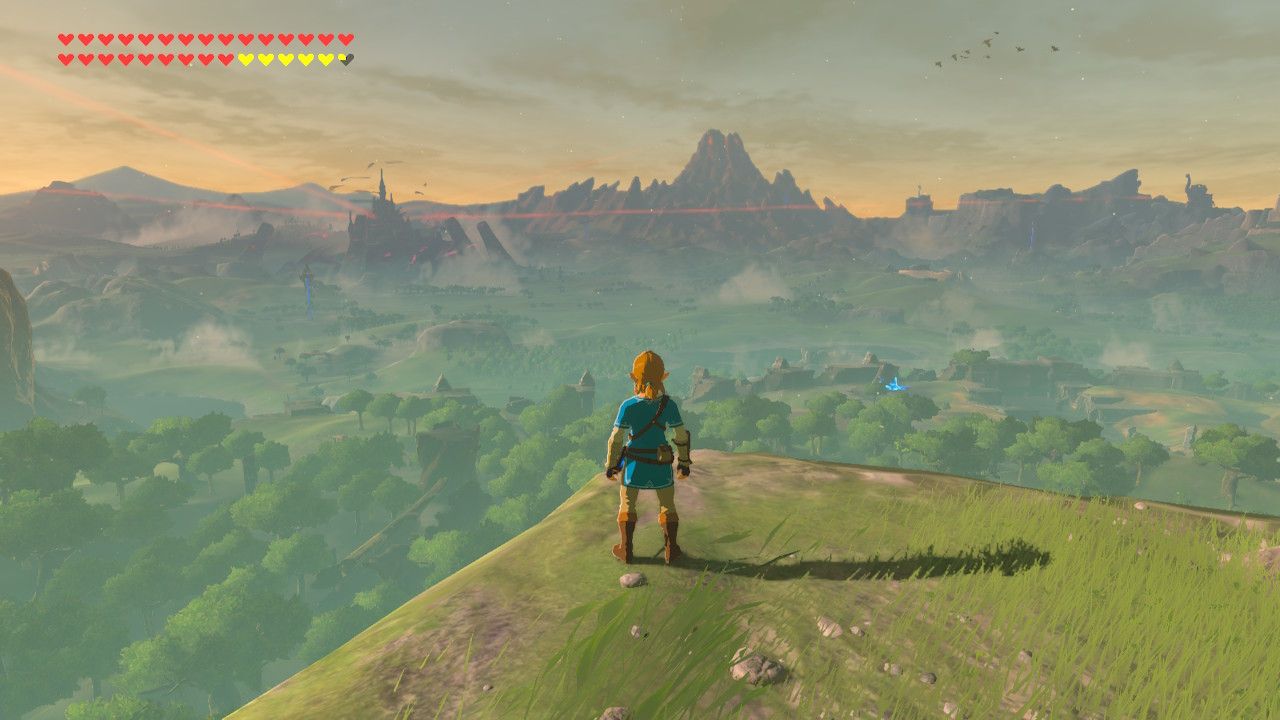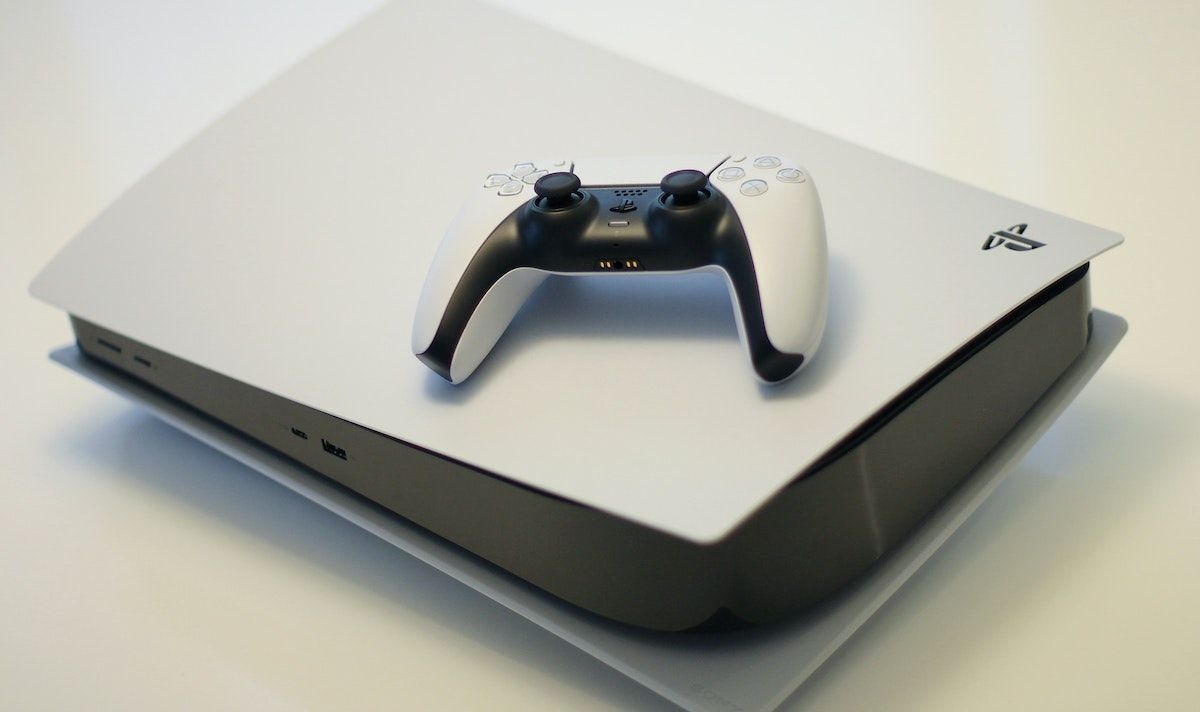The Nintendo Switch is now four years old, but has it reached its peak? Sales have been strong, but a new generation of competitors has begun. Rumors of a Switch Pro have us wondering what’s in store for the successful hybrid.
How Do Switch Sales Figures Look?
While the Switch initially sold at a slower pace than the Wii, it started to outperform Nintendo’s bestselling console in its fourth year. In year five, it comprehensively outsold the Wii in its equivalent sales period.
Many commentators have attributed these strong figures to the COVID-19 pandemic. Gaming proved popular during global lockdown, and Nintendo’s focus on wholesome escapism caught the zeitgeist.
What About Upcoming Switch Games?
Fans have been anticipating a sequel to the acclaimed Breath of the Wild since its launch-day release. We know it’s in the works, we just don’t know how much longer we’ll have to wait. Right now, an early-2022 release doesn’t seem unreasonable.
Alongside Pokémon Legends: Arceus, the other big-hitter that we know is in production is Metroid Prime 4. We’re also expecting a Super Mario Odyssey sequel reusing the original engine. The potential lineup for a next-generation Switch looks strong, if not vast in number.
Current Switch models will most likely be capable of running all these titles, but performance will no doubt be in question. Remember that even Breath of the Wild struggled with frame rate in places. Big releases in 2022 could coincide with improved hardware to showcase them.
A Rumored Switch Successor Awaits
Rumors of a Switch successor have been around for some time, and a new version of the Switch was all-but-confirmed in March 2021. With a new OLED screen, the model should also provide 4K output when docked.
This may be via upscaling technology, but it will be a significant improvement nonetheless. The new revision should boast a faster processor and more memory. These improvements will help to attract ports of next-generation games.
What Has Nintendo Said About the Future of the Switch?
The only predictable thing about Nintendo’s releases is their unpredictability! Known for innovative creations and left-field turns, the company is a tricky one to pin down. The most we’ve heard from Nintendo is an early 2020 quote from President Shuntaro Furukawa:
We believe that the Nintendo Switch business is now in its fourth year and is just in the middle of its life cycle… We do not believe that the business trends of other companies will have a significant impact on our business.
We might conclude from this that the Switch is at its peak right now, with another four or five years left.
Nintendo’s Past Performance
Previous Nintendo home consoles tend to have a lifespan of about 6-7 years. Its handheld consoles achieve greater longevity, especially when they add backward compatibility.
The increasing popularity of digital games offers greater potential for backward compatibility. But it seems unlikely Nintendo will leave physical Game Card buyers out in the cold.
The State of the Competition
Recent console launches have kicked off the next generation of video gaming. Both the Xbox Series X/S and the PlayStation 5 support 4K—and even up to 8K—video. Their processing power and memory capabilities far outweigh those of the Switch.
It would be a mistake to look at technical specifications alone and conclude that the Switch is running on borrowed time. Nintendo’s hybrid machine plays a dual role and currently dominates the portable gaming market. The company’s forte has always been the high-quality gameplay offered by its first-party games, more so than technical prowess.
How Much Longer for the Nintendo Switch?
Despite entering its fifth full sales year, the Nintendo Switch continues to sell more units each year. On these grounds alone, it appears that the hybrid has plenty of life in it yet. A decade of full support would be a long time for a home console, but not so much for a handheld.
Ultimately, games sell consoles. Any migration by third-party publishers to newer-generation consoles could signify the beginning of the end for the Switch. But revamped hardware may delay such an exodus. The success of Nintendo’s first-party titles, and an increased focus on popular indie games, should also ensure that the Switch enjoys success for several more years.




